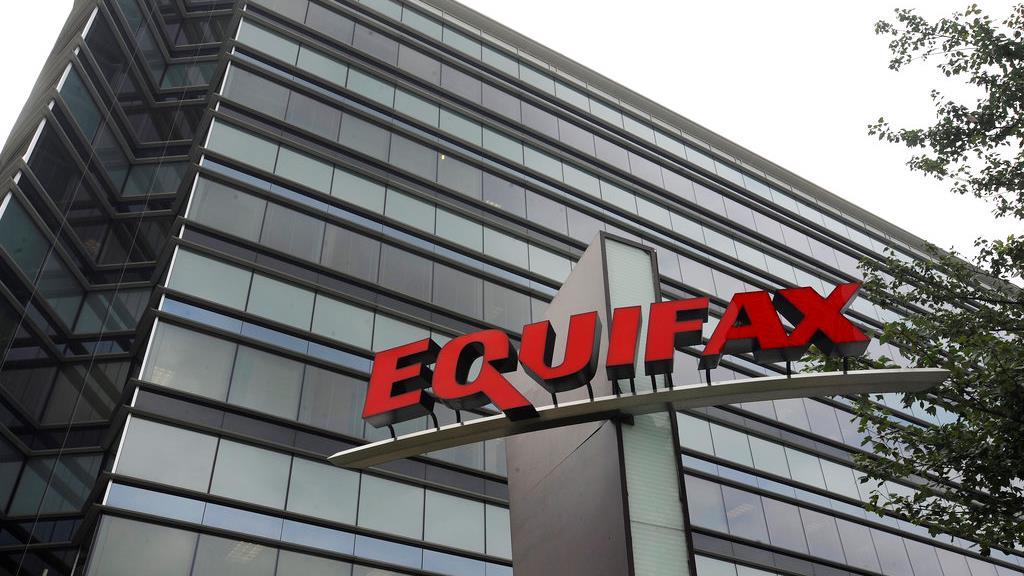Equifax executives will be held accountable, even if they resign: SEC's Clayton
In testimony before the Senate Banking Committee on Tuesday, U.S. Securities and Exchange Commission Chair Jay Clayton indicated he would enforce the law in any potential case against Equifax, which means company executives will be held accountable whether they resign from their positions or remain with the company.
When asked by Sen. Jon Tester (D-MT) if he believed “firmly” that Equifax employees need to be held accountable for any offense, “whether they still had their position or resigned from their position,” Clayton said it is his “job” to enforce the law.
On Tuesday, Equifax CEO Richard Smith retired from the company. The president of Equifax’s Asia Pacific business will serve as interim CEO, while Mark Feidler was named non-executive chairman. On Sept. 15, the company’s chief information officer and chief security officer resigned.
Sen. Tester indicated on Tuesday that Smith’s decision to leave Equifax may be an attempt to dodge continued fallout from the cyber event.
“I know Richard Smith resigned today, but I hope he still comes in front of the [Senate Banking] Committee … because I think it’s less of spending time with his family and more of not spending time with us,” he said. Tester also said “regular folks” are growing tired of people in positions of power getting away with “apparent wrongdoings.”
Smith is scheduled to appear before the committee on Oct. 4.
There is also an ongoing federal investigation into whether three Equifax executives engaged in insider trading when they sold nearly $1.8 million worth of shares in the days after the hack was discovered, but before it was disclosed to the public.
Although Clayton was not in a position to comment, Sen. Tester argued that the six-week delay in disclosure of the breach was “bizarre.” Clayton has indicated in the past that he thinks the disclosure process for companies needs some work.




















